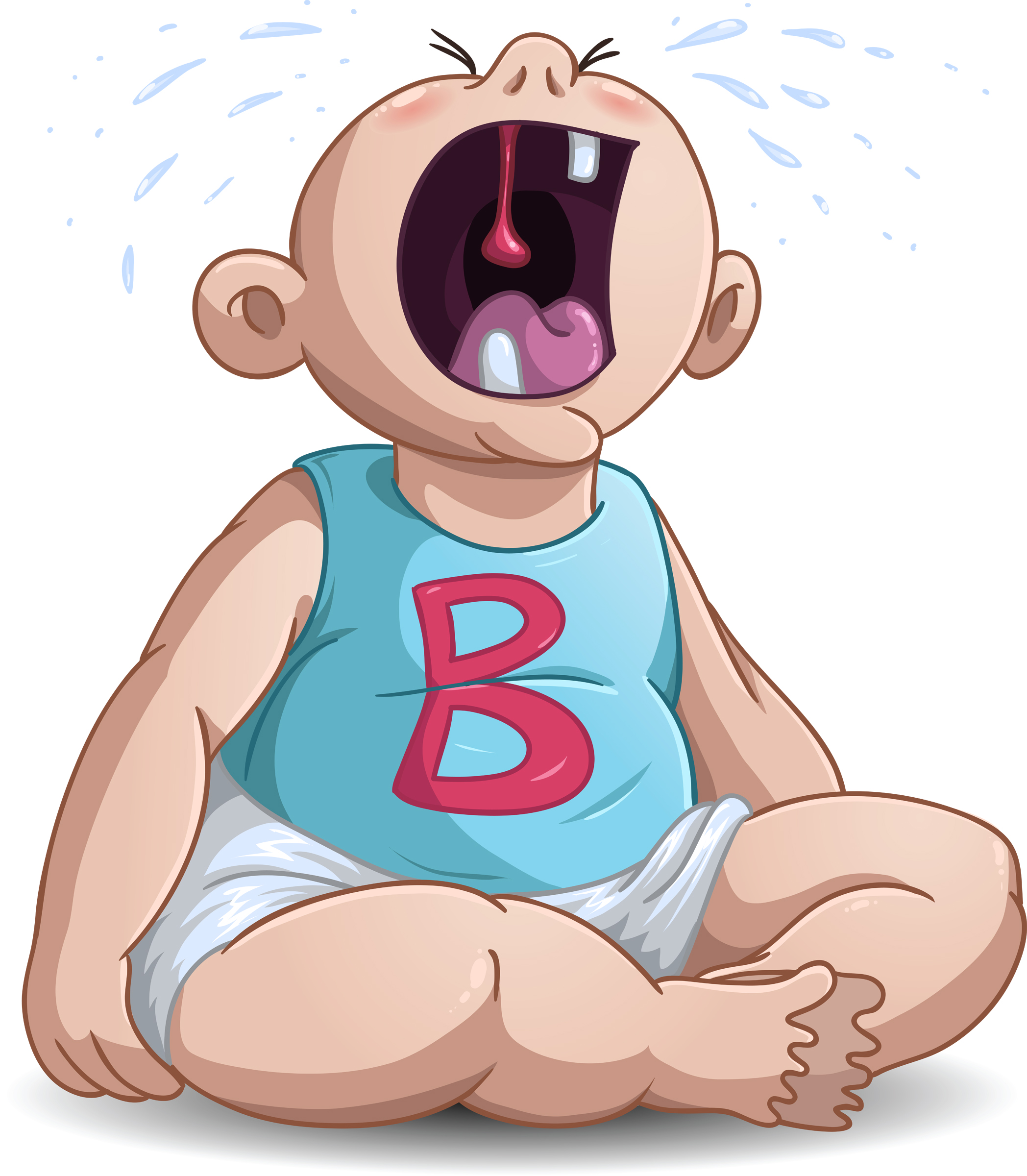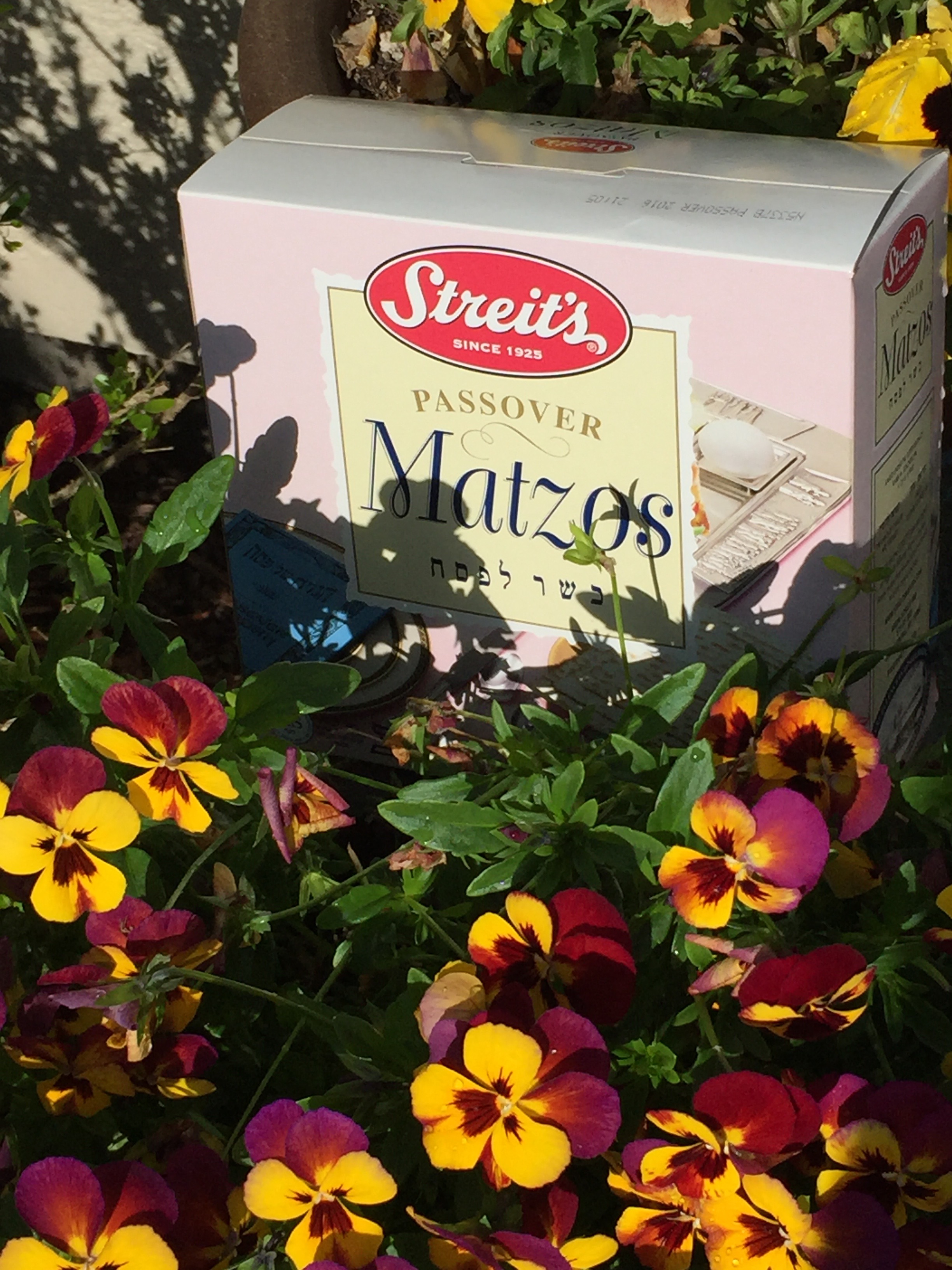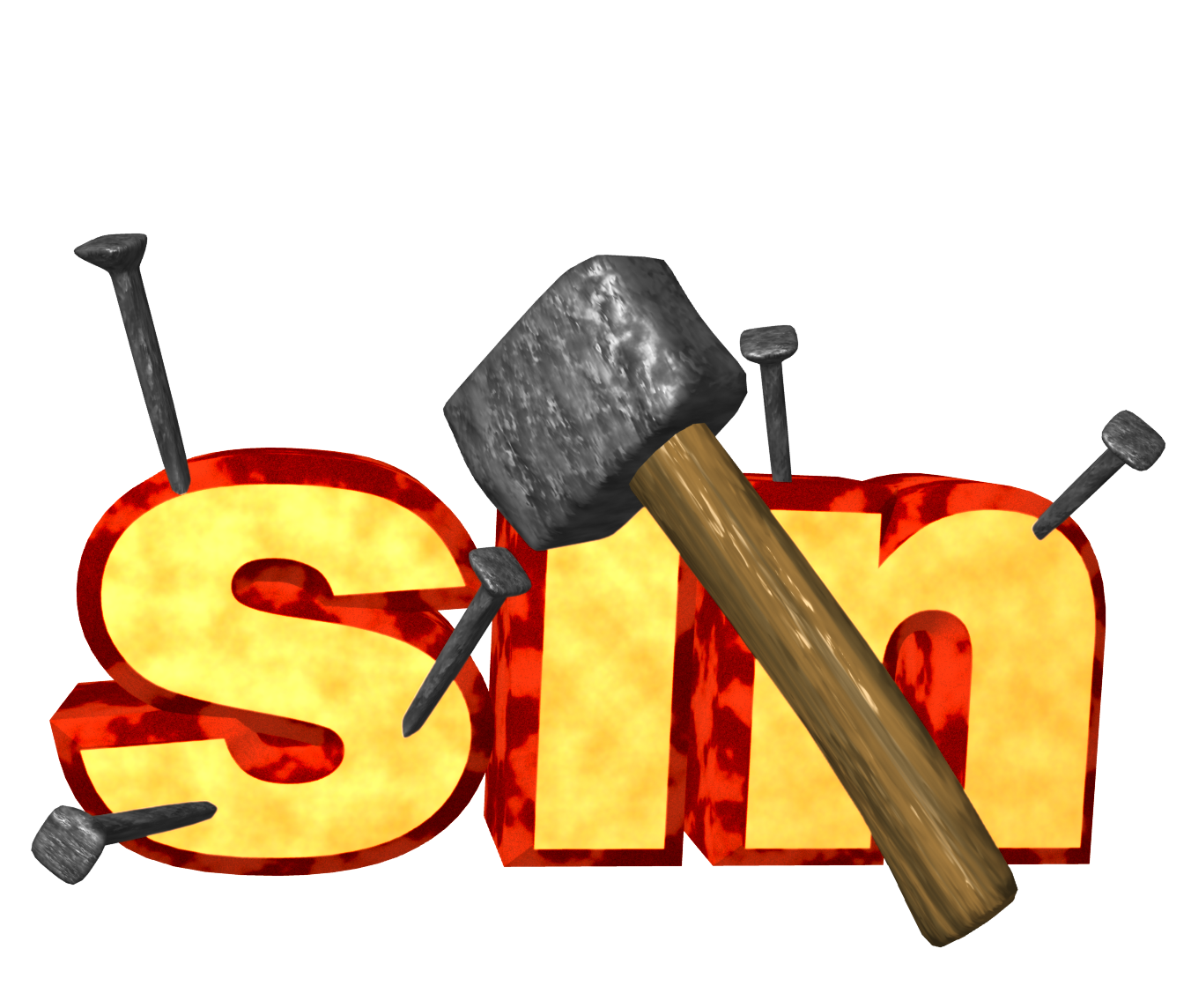What Is the Spiritual and Prophetic Significance of Counting the Omer?
There are 49 days between First Fruits Day, which occurs during the Feast of Unleavened Bread, and the Feast of Weeks (or Pentecost). Why does YHVH in the Torah command us to count the seven weeks or 49 days between these two events, with Pentecost occurring on the fiftieth day? The short answer is that Yeshua doesn’t want to marry a spiritual baby. For the long answer, keep reading…
From the Depths of Slavery to a Kingdom of Priests
Every detail in Scripture is for our learning and edification. All the examples of the past are for our learning upon whom the ends of the world are come (1 Cor 10:11; Rom 15:4). Everyday, YHVH is uncovering the prophetic mysteries hidden in the Scriptures that are being revealed to those who diligently seek him by diligently studying to show themselves approved as a workman rightly dividing YHVH’s Word (2 Tim 2:15).
YHVH’s command for us to count the omer as a countdown to the Feast of Weeks (Heb. Shavuot; Gr. Pentecoste, Lev 23:15–16) memorializes the Israelites’ journey from spiritual babyhood to adulthood. During this 49-day count, Israel ascended from out of the depths of slavery and suffering in Egypt, was baptized in the Red Sea, and then arrived at Mount Sinai—a place of a spiritual standing before YHVH as a kingdom of priests (Exod 19:6). It was there that YHVH gave them his instructions in righteousness—the Torah on Shavuot. This period represents Israel’s passage from slavery to freedom. They came out of slavery permeated with the leaven—the sins, values, and pagan concepts—of Egypt leaving it all behind as pictured by the Feast of Unleavened Bread. YHVH gave Israel 49 days to overcome and to get rid of the impurities of Egypt, and to become the nation Israel—a holy priesthood and the bride of YHVH. There, at the foot of Mount Sinai, YHVH wanted Continue reading






